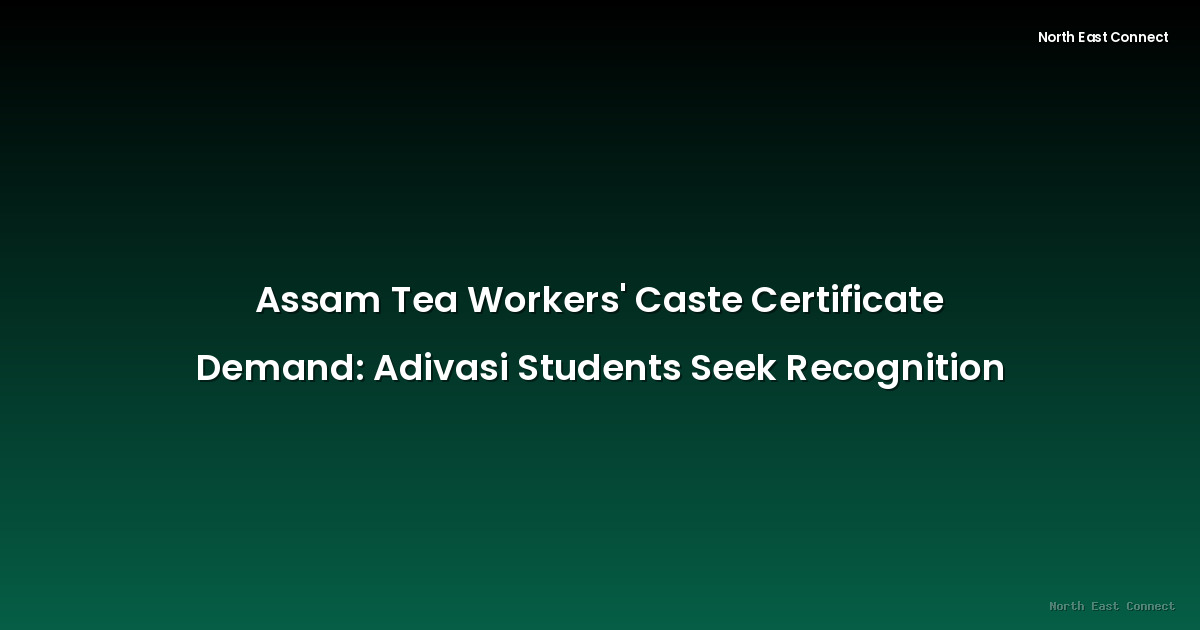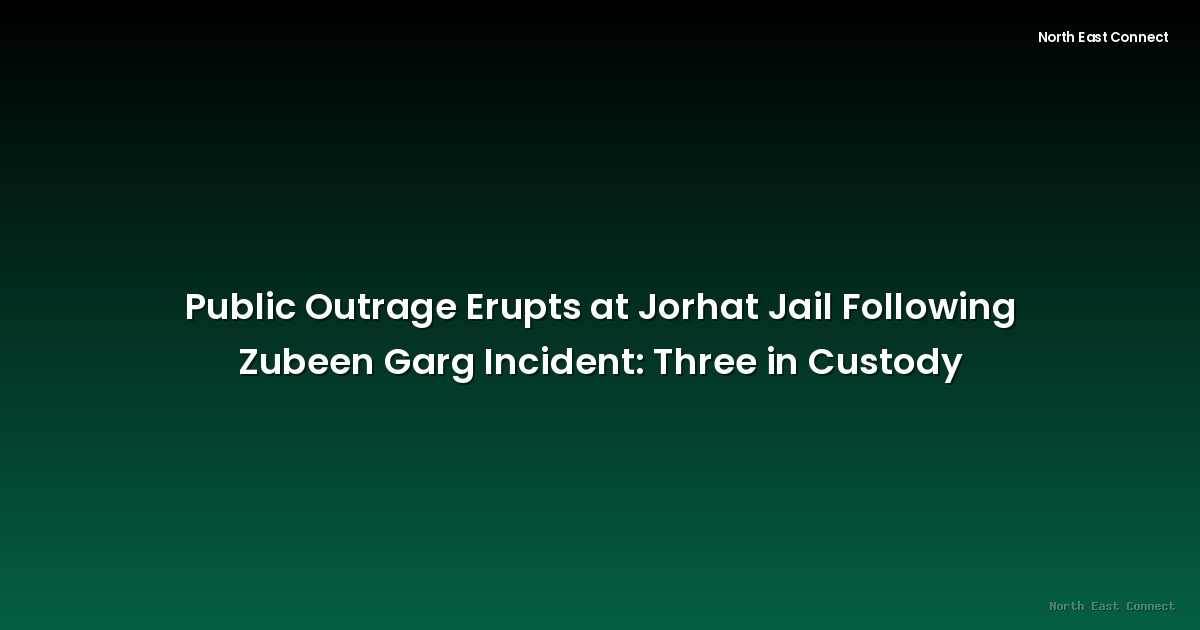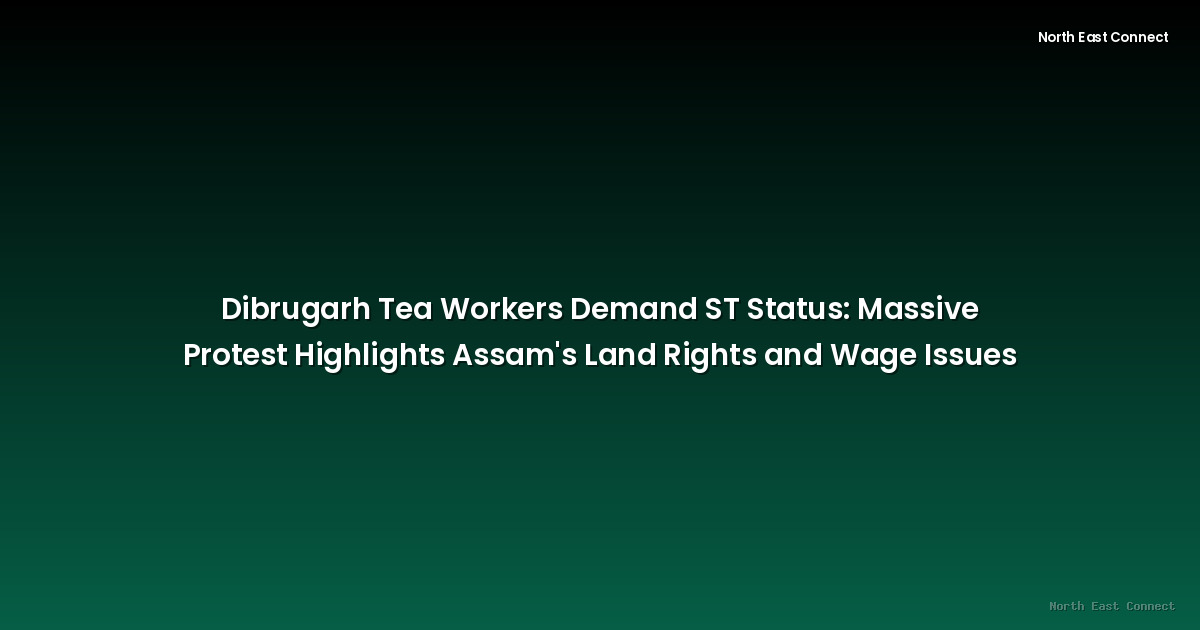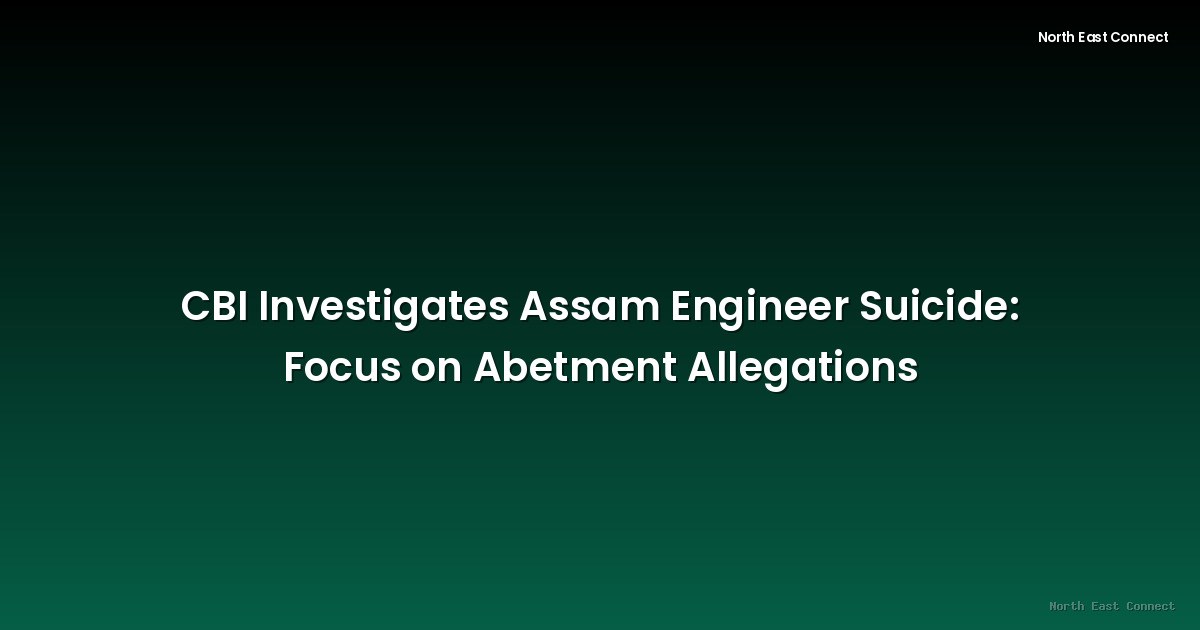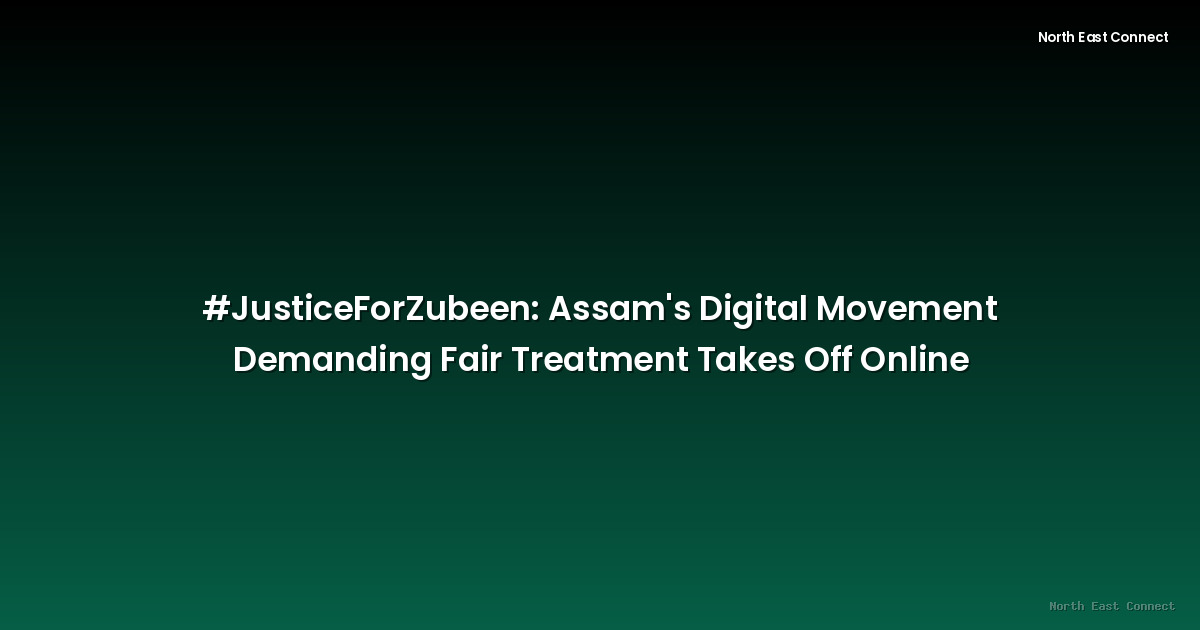2025-08-13 · News
Assam's tea industry, a cornerstone of the state's economy and culture, is facing a renewed discussion about the socio-economic status of its workforce. A significant demand has emerged from Adivasi students advocating for the issuance of caste certificates specifically tailored for the descendants of tea garden workers. This move seeks to address long-standing issues of social and economic marginalization within the community.
The core of the issue lies in the historical categorization and recognition of tea garden workers. Many workers, primarily from tribal communities, have historically lacked access to official caste certificates, hindering their access to various government schemes and benefits. These benefits often require proof of caste affiliation for eligibility. The absence of such documentation has, for generations, left many tea workers and their descendants at a disadvantage, impacting education, employment, and overall social mobility.
The students' demand for specific caste certificates for tea workers aims to rectify this historical oversight. They argue that the unique circumstances and socio-economic conditions of these communities require a dedicated approach to caste categorization. The current system, they contend, fails to adequately address the specific needs and challenges faced by the descendants of tea workers, many of whom are Adivasis, and struggle to access governmental support and opportunities.
The ramifications of this demand extend beyond individual benefits. The successful implementation of a dedicated caste certification process for tea workers could have a significant impact on social justice and equality within the community. This could lead to greater access to education, scholarships, and government-sponsored employment opportunities. It could potentially lead to enhanced healthcare access and other welfare programs designed to support marginalized groups.
However, the demand also raises important questions regarding the complexities of caste determination and the potential for misuse or manipulation of the system. Concerns exist about the process of verifying claims and ensuring accurate categorization to prevent fraudulent applications. The government will need to establish clear guidelines and mechanisms to ensure the integrity of any new certification process. This will be essential in preventing any potential for abuse and maintaining the fairness of the system.
The ongoing debate highlights the need for a comprehensive review of existing policies and procedures concerning caste certification in Assam. It underscores the need for a more inclusive and equitable system that accurately reflects the diverse social fabric of the state. The success of addressing this demand rests upon a thoughtful and carefully considered approach that balances the needs of the tea worker community with the necessity of maintaining a transparent and efficient administrative process. The government's response will be crucial in shaping the future of social justice and equality within this important sector.
Further research and investigation are necessary to fully understand the implications of the students' demands and the potential impact on the wider community. The long-term effects of such a policy decision will require careful consideration and ongoing monitoring to ensure its equitable and sustainable implementation.

